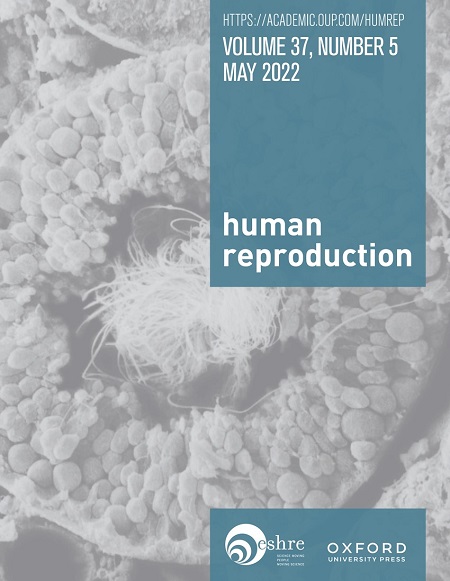Parents facing polygenic embryo scores: the ‘best choice of a best life’ and psychological counselling
IF 6
1区 医学
Q1 OBSTETRICS & GYNECOLOGY
引用次数: 0
Abstract
Advances in reproductive medicine and genetic technologies now offer prospective parents the option to test IVF embryos for genetic predispositions to complex diseases, such as coronary heart disease and psychiatric disorders, through polygenic embryo screening (PES). However, limited clinical data on its real-world use leaves parents facing complex decisions based on probabilistic risk scores, requiring them to weigh uncertain benefits against potential harms. While clinical, ethical, and societal concerns regarding PES have been extensively discussed, the psychological considerations have received less attention. This paper highlights the importance of decision aids as part of psychological interventions, which are crucial for helping parents navigate these choices and make informed decisions based on individual perceptions and experiences. Additionally, determining how and when to disclose genetic risk information to children presents significant challenges for families. Early disclosure may lead to anxiety, while withholding information could undermine trust later in life. Psychological counseling is therefore an essential component in supporting families through these sensitive decisions. While PES offers opportunities to reduce genetic risks, it also introduces significant challenges that require thoughtful consideration and comprehensive support for both parents and children.求助全文
约1分钟内获得全文
求助全文
来源期刊

Human reproduction
医学-妇产科学
CiteScore
10.90
自引率
6.60%
发文量
1369
审稿时长
1 months
期刊介绍:
Human Reproduction features full-length, peer-reviewed papers reporting original research, concise clinical case reports, as well as opinions and debates on topical issues.
Papers published cover the clinical science and medical aspects of reproductive physiology, pathology and endocrinology; including andrology, gonad function, gametogenesis, fertilization, embryo development, implantation, early pregnancy, genetics, genetic diagnosis, oncology, infectious disease, surgery, contraception, infertility treatment, psychology, ethics and social issues.
 求助内容:
求助内容: 应助结果提醒方式:
应助结果提醒方式:


